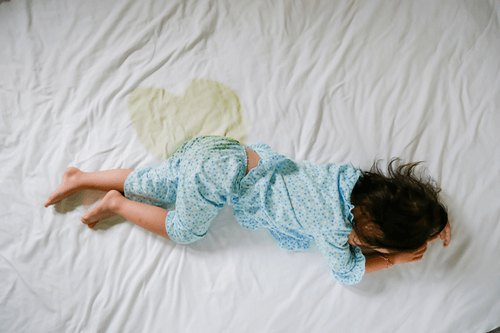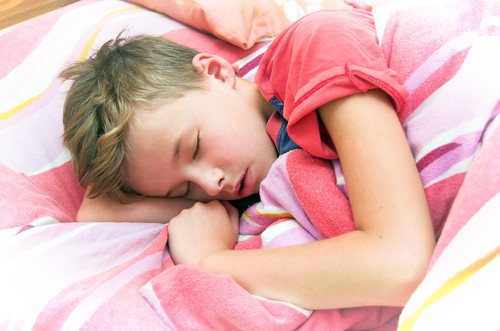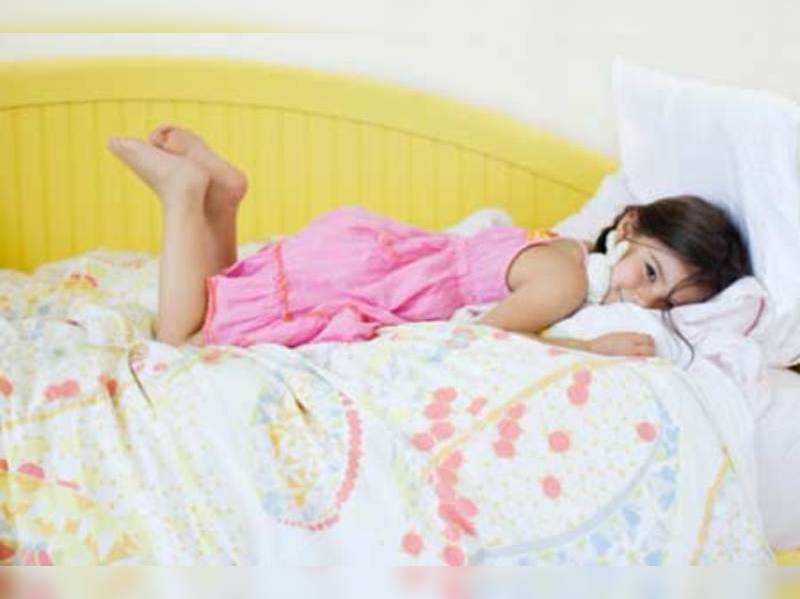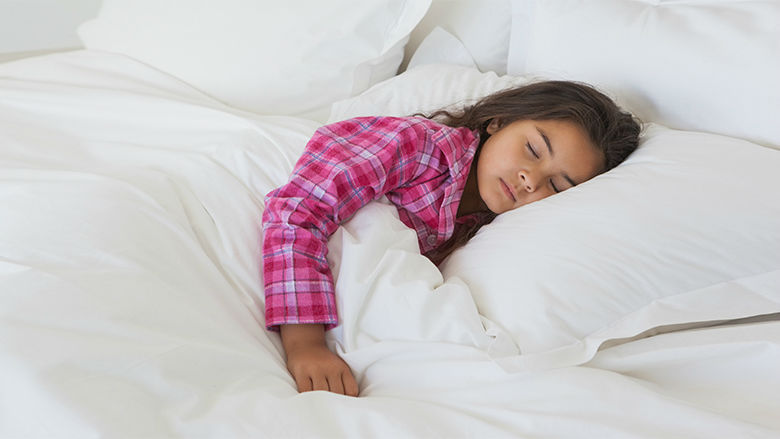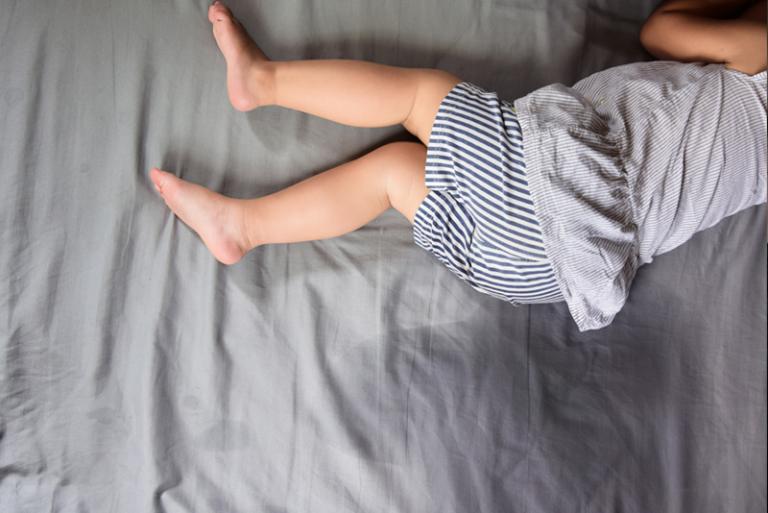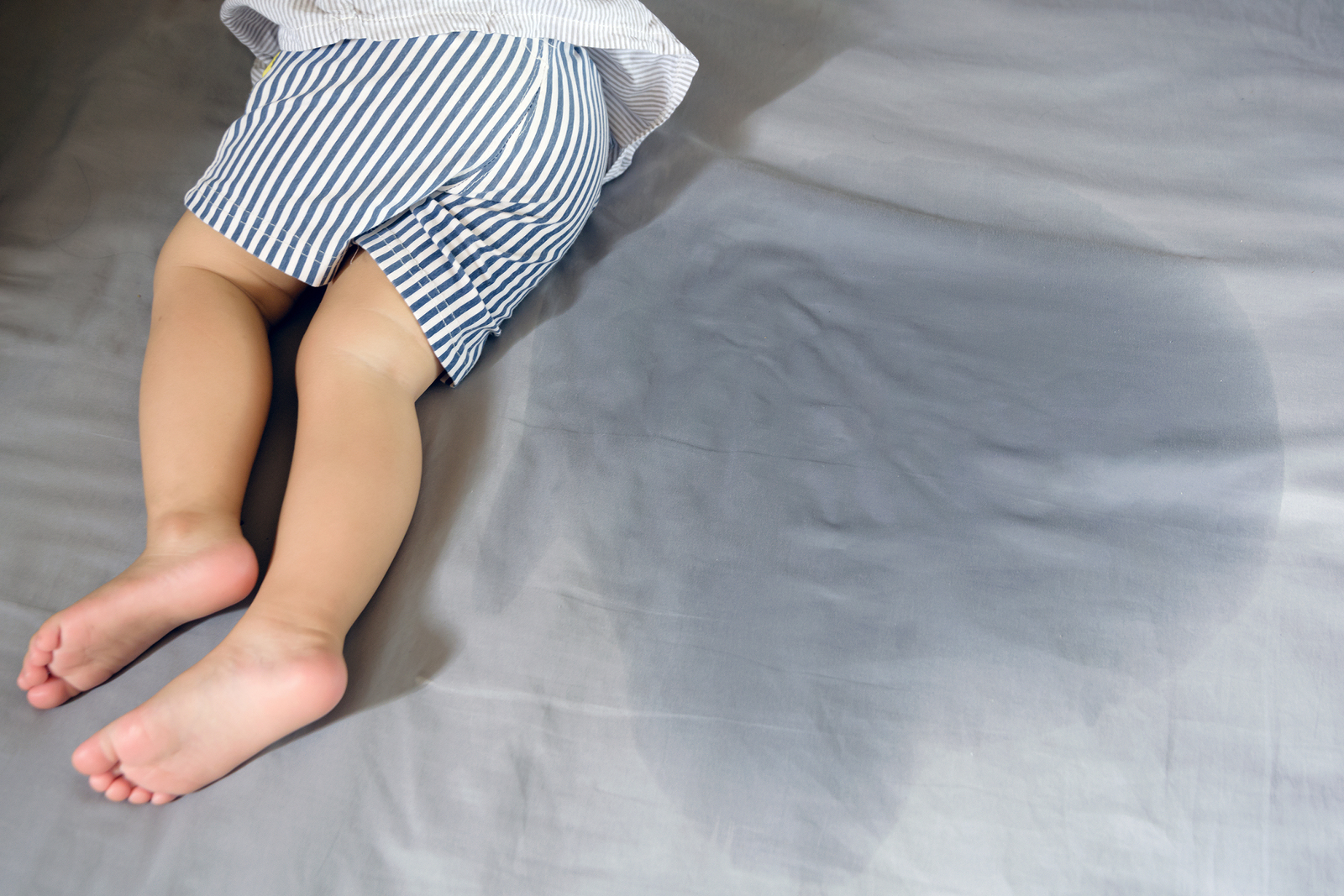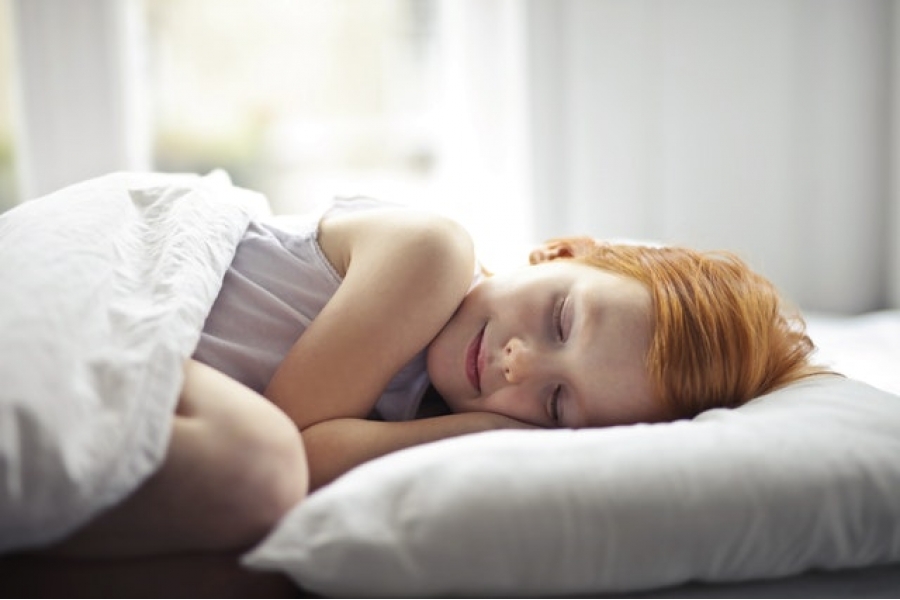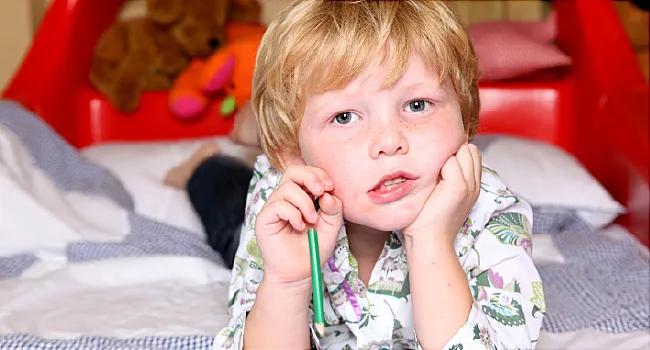Bed Wetting At Age 10 Psychology
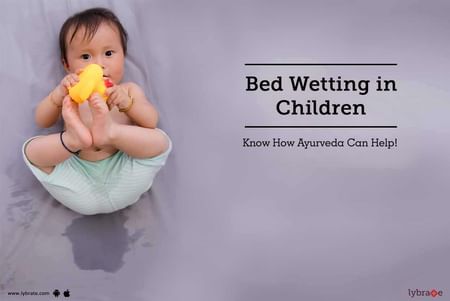
Wetting the bed at night or enuresis is not an uncommon practice for children under six years of age and usually diminishes as a child gets older.
Bed wetting at age 10 psychology. After age 5 about 15 of children continue to wet the bed and by age 10 95 of. It can be distressing and a source of embarrassment for a child but is not physically harmful. However bedwetting also known as secondary enuresis may return later in adolescence or even adulthood. Only a small percentage 5 to 10 of bedwetting.
Nocturnal enuresis also called bedwetting is involuntary urination while asleep after the age at which bladder control usually begins. Complications can include urinary tract infections. Wetting the bed is a common condition for children under six years of age and usually is caused by physiological factors. 1998 around 15 22 of boys and 7 15 of girls wet the bed at 7 years of age with almost 3 wetting more than twice a week butler golding northstone 2005 combined day and night wetting has been reported in 3 3 of 7 year olds butler et al 2005 and 4 of children aged.
After 7 years of age a small number of children still wet the bed. Bedwetting in children and adults can result in emotional stress. However if the habit continues begins in older children or returns when a child becomes older the problem may be linked to a physiological or a psychological issue. Most children outgrow bed wetting on their own but some need a little help.
Between the ages of 5 and 7 bed wetting remains a problem for some children. When to see a doctor. An estimated 5 to 10 percent. From 5 to 7 million kids wet the bed some or most nights with twice as many boys wetting their bed as girls.
Most bedwetting is a developmental delay not an emotional problem or physical illness.
